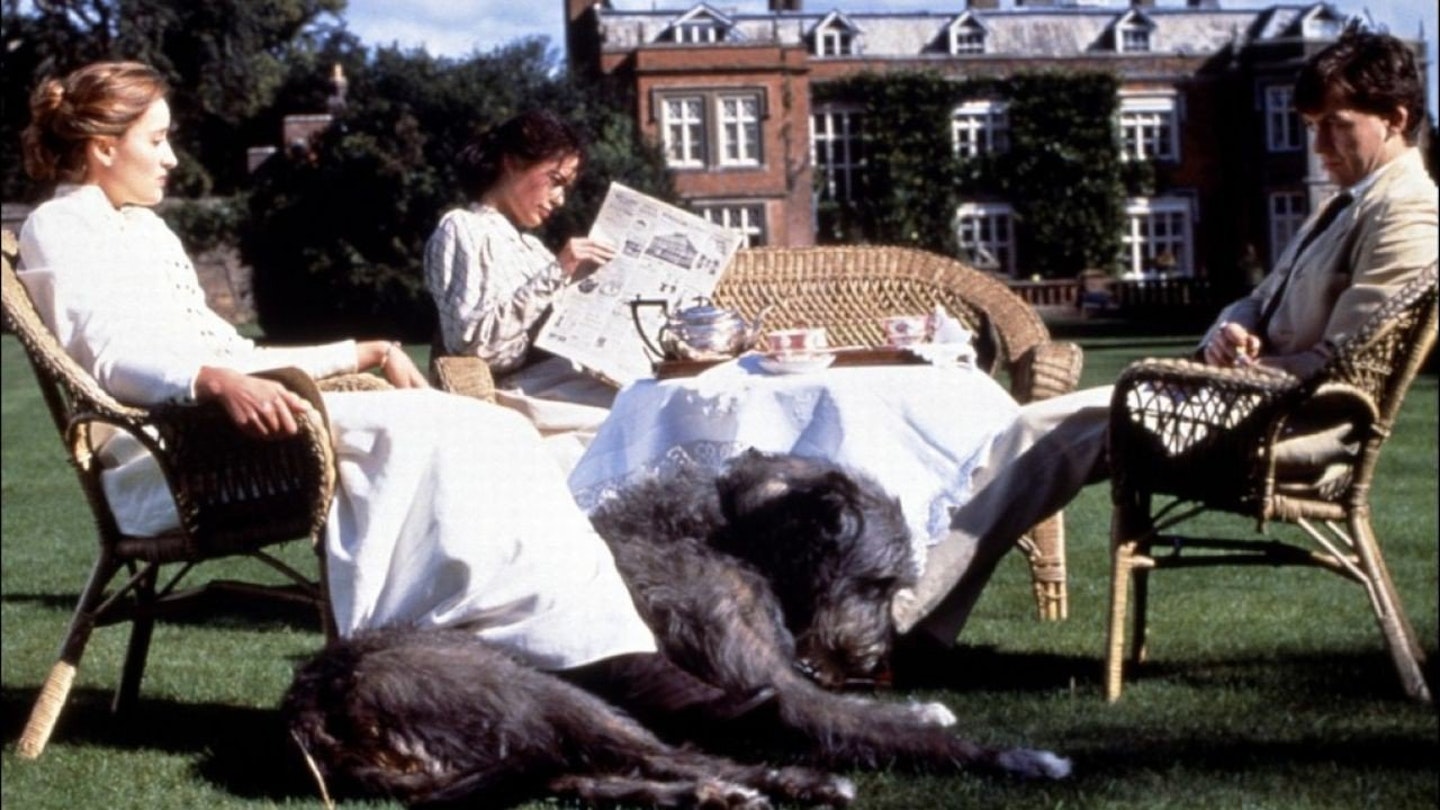In the course of one June day in 1923 Clarissa Dalloway (Redgrave), a serene society lady and politician's wife, is in a happy flurry of preparations for the grand party she's giving that night when she falls into a "What have I done with my life?" crisis.
Simultaneously, a shell-shocked veteran of The Great War, Septimus Warren Smith (Rupert Graves) is roving London having terrible hallucinations and threatening suicide. When Mrs. Dalloway glimpses his stricken face outside a shop window she's moved and disturbed by his tragic manner, and although the two will never actually meet, by the day's end their fates will have become intimately connected.
Virginia Woolf's potent novel has been adapted by another great actress and acclaimed Woolf interpreter, Eileen Atkins. The story is structured as a series of flashbacks, moving back and forth between the day at hand and one 30 years earlier when the vivacious, charming Clarissa (McElhone) is to choose between prospective husbands and opts for the safe but unimaginative Dalloway over the soulful, smart aleck Peter, who then comes back the day of her do a messed-up, disappointed man.
The intertwining time periods (very prettily dressed) provide roles for scads of toney British actors, from youngster Lena Headey as Clarissa's life-embracing best friend to venerable Phyllis Calvert as her snobby aunt and John Standing as the dutiful Dalloway. However, Dutch director Gorris (an Oscar winner for Antonia's Line) struggles with the stream of consciousness voiceover employed to tell us what's running through Mrs. Dalloway's mind.
